VICTORIA, BC - The BC Government announced the elimination of interest on student loans in todays budget. Post secondary education shouldn’t have two costs, one cost for those who are able to pay up front, and a higher cost for those that take on student loans to afford their education.
“Every student group has been asking for this for years.” Said Noah Berson, Chair of the Alliance of BC Students, “It is rewarding to see our hard work and advocacy pay off, making education more affordable and helping recent graduates transition into the next phase of their lives.”
When students are charged interest on loans, they have to pay more for their education than those that are able to pay up front. Interest rates on loans make education more expensive for those without the means to attend.
When a British Columbian is making the calculation of whether to attend to post-secondary, cost is going to be a key concern. Knowing that tuition can be repaid without interest increases the value of post-secondary, and offers people assurances that they can enrol with cost certainty.
A British Columbian who had to rely on student loans for their education will now save money every month, allowing them to better save for the next phase of their lives. Governments should not make money on student loans, eliminating interest rates on loans makes financial aid fair, ensuring that low income students are charged the same for their education as those with means.
“Repaying student loans should not force people to put their lives on hold,” stated Berson, “After graduation, the focus should starting your life, saving to buy a home and having children, not being chained to student loan payments.”
